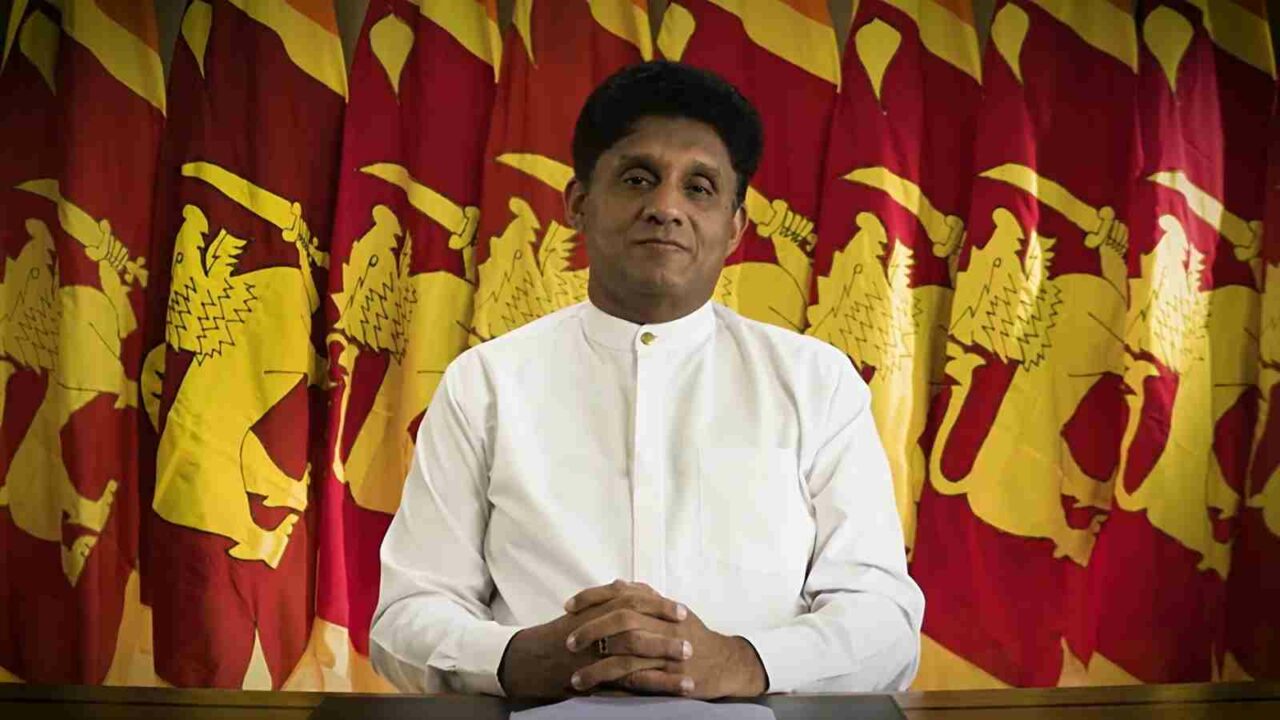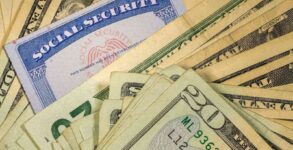Sri Lanka’s main Opposition leader Sajith Premadasa on Thursday met the country’s newly elected President Ranil Wickremesinghe and urged him to reinforce the Parliament committee system “to achieve national consensus rather than dishing out ministerial portfolios to political opportunists.” Ranil Wickremesinghe was sworn in as Sri Lankan President at the country’s Parliament on Thursday after massive protests broke out in the Island nation with calls for the ouster of former President Gotabaya Rajapaksa.
Taking to Twitter, Premadasa wrote, “Met with President Ranil Wickremesinghe at the party leaders’ meeting today. Had a cordial and frank exchange of ideas. Reiterated the opposition’s determination to provide constructive support to avert misery and disaster.” “Proposed to strengthen the committee system in Parliament to achieve national consensus rather than dishing out ministerial portfolios to political opportunists resulting in a drain of scarce national resources,” the Samagi Jana Balawegaya (SJB) leader added.
Sri Lanka made ‘dumb bets’ on Chinese investment: CIA chief
Meanwhile, one of the demands that Sri Lankans have been making is the rollback of the 20th amendment. The 20th amendment brought back most of the constitutional powers to the President which was previously abolished in the 19th amendment. The 19th Amendment (19A) to the Constitution of Sri Lanka was passed and it envisaged the dilution of powers of the Executive Presidency, which had been in force since 1978. However, the 20th amendment brought back most of the constitutional powers to the President.
Ranil Wickremesinghe received 134 votes in the parliament vote following the resignation of Gotabaya Rajapaksa from the presidency last week amid severe economic turmoil in the country. Soon after winning the vote by secret ballot, Wickremesinghe addressed the Parliament, calling on all legislators including the opposition parliamentarians to unite and work together with him to lead Sri Lanka out of the current economic crisis.
“We are at a critical juncture. There is an economic crisis and the youth want a system change. People want all parliamentarians to come together,” said Wickremesinghe. Out of the 225 parliamentarians, 223 voted to elect a new president and there were four invalid votes. Another two candidates, parliamentarian of the Sri Lanka Podujana Peramuna party Dullas Alahapperuma, and National People’s Power leader Anura Kumara Dissanayake, got 82 votes and three votes, respectively.
Sri Lankan Navy arrests six Tamil Nadu fishermen
Wickremesinghe is not a new name in politics and has served as the Prime Minister of the island nation six times earlier. He was one of the top contenders for the Presidential election in which members of the House voted through a secret ballot. Earlier, Wickremesinghe was appointed as the interim president of Sri Lanka after Gotabaya Rajapaksa fled abroad after his palace was stormed by angry protesters amid the unprecedented economic crisis.
After his official residence in the capital, Colombo was stormed by tens of thousands of angry protesters last week, Sri Lanka’s ex-president Gotabaya Rajapaksa fled the country to the Maldives before flying out to Singapore. Rajapaksa had offered his resignation after fleeing the country. The main opposition leader Sajith Premadasa on Tuesday withdrew his candidature from the presidential race and said he was supporting rival candidate Dullas Alahapperuma for the top post.
Sri Lanka’s economy is bracing for a sharp contraction due to the unavailability of basic inputs for production, an 80 per cent depreciation of the currency since March 2022, coupled with a lack of foreign reserves and the country’s failure to meet its international debt obligations. Hundreds of Sri Lankans continue to queue up at petrol pumps across the debt-ridden country every day amid fuel shortage, and a large number of people are ditching their cars and motorcycles for bicycles for their daily commute.
The economic crisis which is the worst in Sri Lanka’s history has prompted an acute shortage of essential items like fuel.


















